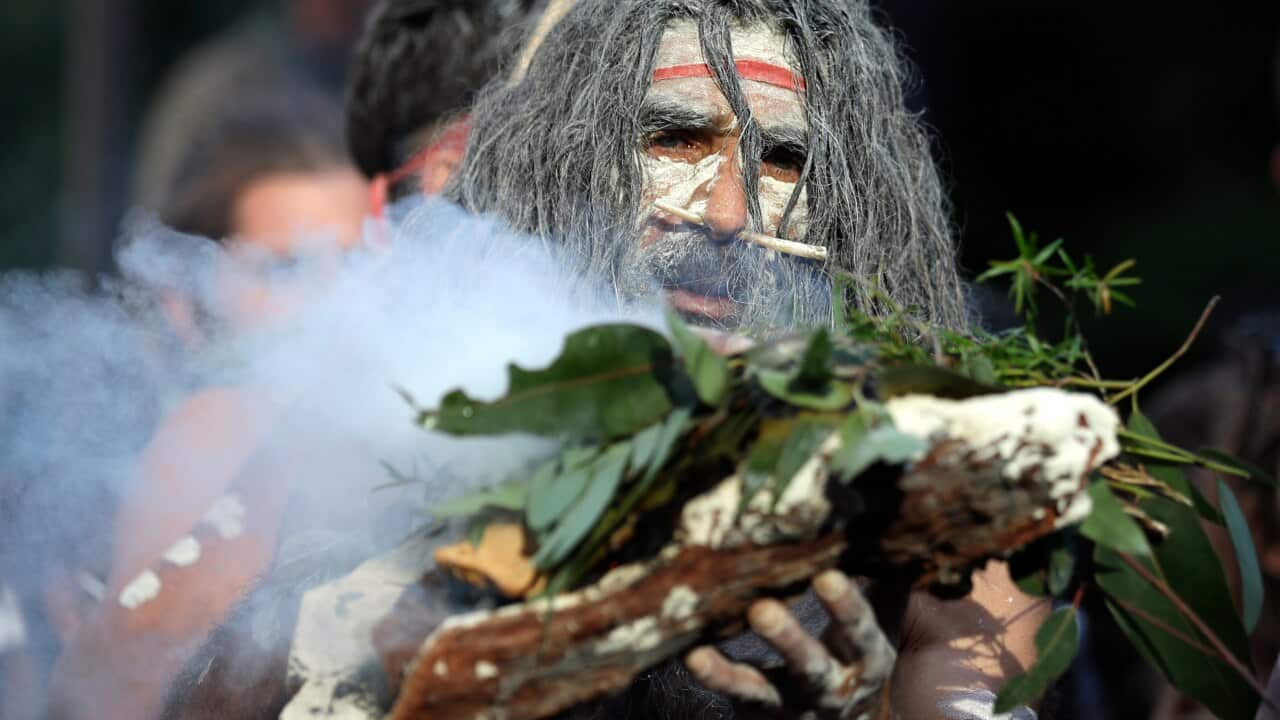Australia has been slammed over its treatment and acknowledgment of First Nations people at the United Nations on Wednesday night.
More than 30 nations - including Canada, France, Germany, Italy, Poland and Mexico - called on Australia to raise the age of criminal responsibility from 10 to 14, in line with the recommendations from the United Nations Committee on the Rights of the Child.
A decision on this was deferred by the council of attorneys-general last year, who said more work was needed to be done on what the age should be lifted to.
Nolan Hunter, Amnesty International Australia Indigenous Rights Lead, told NITV News that policies around Australia’s age of criminal responsibility were “outdated” and a "legacy of Colonialism".
“What's more worrying is to allow it to continue and the acceptance of this where kids as young as ten years old are being thrown in jail,” he said.
“The culture of the community in Australia and more so the government is the attitude that there isn't a problem or to recognise this as a serious issue.”
Azerbaijan said at the hearing that "racism towards Indigenous people is deep-rooted” in Australia, while Belarus raised concerns that Australia is “dodging its obligations to Indigenous people.”
El Salvador urged Australia to "step up your action to promote the Human Rights of Indigenous people."
The questioning came as part of the United Nations human rights council’s , a hearing which happens every four and a half years, this year held In Geneva via video link.
The recommendations heard at the hearing do not have to be implemented by Australia, and there is no measure of prosecution if Australia fails to adopt such recommendations.
Elaine Pearson, director of Human Rights Watch Australia, told NITV News this hearing was Australia’s opportunity to step up.
“It would be a real slap in the face if the government simply ignores those recommendations or rejects them outright, so I think the government should really seize on this as an opportunity,” she said.
Representing Australia at the UN, Andrew Walter, Professor in International Relations at the University of Melbourne, said the Closing the Gap strategies were a step forward in recognising the rights of Indigenous Australians.
"Challenges remain in relation to improving the lives of indigenous Australians and reducing their overrepresentation in the criminal justice system,” he said.
“By acknowledging this the Australian government has formed a partnership with Aboriginal and Torres Strait Islander people as part of the national agreement on closing the gap." In submissions prior to the hearing, the Australian government acknowledged the “need to do better” to address the inequalities faced daily by First Nations people.
In submissions prior to the hearing, the Australian government acknowledged the “need to do better” to address the inequalities faced daily by First Nations people.

In submissions prior to the hearing, the Australian government acknowledged the “need to do better”. Source: Supplied
It also said Australia had made “significant achievements” in the realisation of human rights since its last Universal Periodic Review in 2015.
“These include significant investments addressing family and domestic violence, human trafficking and modern slavery and the legalisation of same-sex marriage,” it said in a submission to the review.
But for Aboriginal people, this isn't enough.
Mr Hunter said much more needs to be, with only two of the seven Closing the Gap targets on track to be met.
“At the heart of all this, the Australian community are getting behind raising the discussion and attention to this discrepancy in the Australian community and reconciliation movement is really trying to change much of that.” he said.
Australia 'needs to step up'
Sweden and the United Kingdom probed Australia on what measures were being taken to reduce the over-representation of First Nations peoples in prison.
Aboriginal and Torres Strait Islander peoples make up 3.3 per cent of the general population while accounting for 28 per cent of the prison population.
Priscilla Atkins, Chair of the National Aboriginal and Torres Strait Islander Legal Services (NATSILS), said there wasn’t much reaction from Australia during the hearing.
“We didn’t really quite see a strong response,” she said.
Ms Atkins said other areas of life were probed by the UN Member states in relation to the rights of Australia’s Aboriginal and Torres Strait Islander peoples.
“One was the constitutional recognition, the voice to parliament, co-define the United Nations Declaration of the Rights of Indigenous Peoples in the justice system, and also the incarceration rate within Australia,” she said.
She said that it was “disappointing for Australia” to have countries from across the world questioning its treatment of its First Nations peoples.
“I know there is work that is happening, but Australia really needs to step up to the mark and put measures in place to make those changes… states and territories need to be held accountable for that,” she said.
Ms Atkins said she hopes the Australian Government will respond to the recommendations and “be focused on their commitments in working in partnership with the coalition of peaks in Closing the Gap”.
“We really want the Government to take on board what the rest of the world is saying,” she said.
A total of 122 countries at the hearing additionally highlighted that Australia needs to better protect people's rights.









